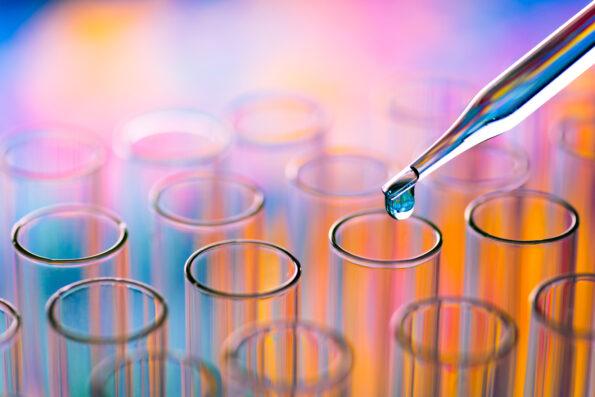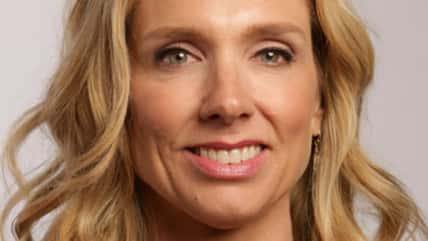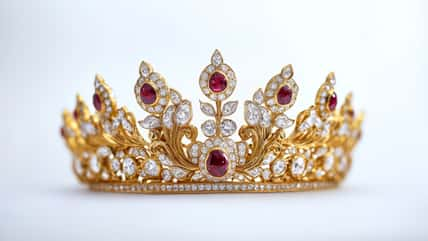She Was One Of The Very First Female Chemists In America, And She Was Also The Very First Woman To Be Accepted Into MIT

Do you know who the first woman ever to be admitted to the Massachusetts Institute of Technology was?
Her name was Ellen Swallow Richards, and she stopped at nothing until she got the education she deserved and went on to become an important engineer and chemist.
Ellen was born in Massachusetts in 1842. She was born to two former teachers who decided to homeschool her as a little girl so she could get a decent education. When she grew up and went to high school, she excelled in subjects like math and science.
When it was time for her to go to college, her parents couldn’t afford it, so she worked multiple jobs until she could save up and enroll in Vassar College by the time she was 26.
Ellen fell in love with chemistry as she admired how it plays a role in our everyday lives. She received her bachelor’s degree in 1870 and sought to work in a chemical lab after college.
Ellen applied to work in multiple labs in the United States but was consistently turned down because none wanted to hire a woman. Finally, she decided to apply to work at MIT. After much discussion, the board at MIT thought it would look better if Ellen were brought in as a “special student.”
Although she wasn’t charged tuition or put on any class rosters, Ellen became the first woman admitted to MIT in 1870.
Although Ellen was often left out of opportunities at MIT because of her “special student” status, she still worked extremely hard and gained more respect at the institution.
When she became a research assistant at MIT, she began studying water sewage for the Massachusetts Board of Health. She did a lot of water analysis projects and graduated from MIT in 1873 with another undergraduate degree.

kwanchaift – stock.adobe.com – illustrative purposes only
That same year, she was proposed to by Robert H. Richards, an instructor at MIT’s mineralogy department. Ellen waited two years before accepting his proposal, as she didn’t want marriage to get in the way of work. However, they were finally married in 1875.
Without getting paid, Ellen taught chemistry at MIT between 1873-1878 and raised money to open the Women’s Laboratory there. Her work and efforts were so impressive that MIT finally hired her as an instructor in sanitary chemistry in 1884.
Ellen made tremendous discoveries when she studied pollution in Massachusetts’ drinking water. As a result of her research and findings, the first modern sewage treatment plant was built in Massachusetts.
Ellen wanted to educate women and homemakers on how to use clean water and keep their homes safe from disease, as she acknowledged that women who were trying to make a home were some of the hardest unpaid workers out there.
She wrote books about home economics to help homemakers cook and clean in healthier and sanitary ways. In 1890, she opened the New England Kitchen of Boston, where alongside others studied nutrition and cooking.
During her later years, Ellen founded and served as the president of the American Home Economics Association. She advocated for more accessible access to information and education for women.
In 1910 Ellen was awarded an honorary Ph.D. from Smith College before passing away one year later from heart complications at 68. Her hard work and determination to educate herself and other women in the world at a time when that was very hard to do is very admirable.
If true crime defines your free time, this is for you: join Chip Chick’s True Crime Tribe
Sign up for Chip Chick’s newsletter and get stories like this delivered to your inbox.
More About:Chicks We Love





